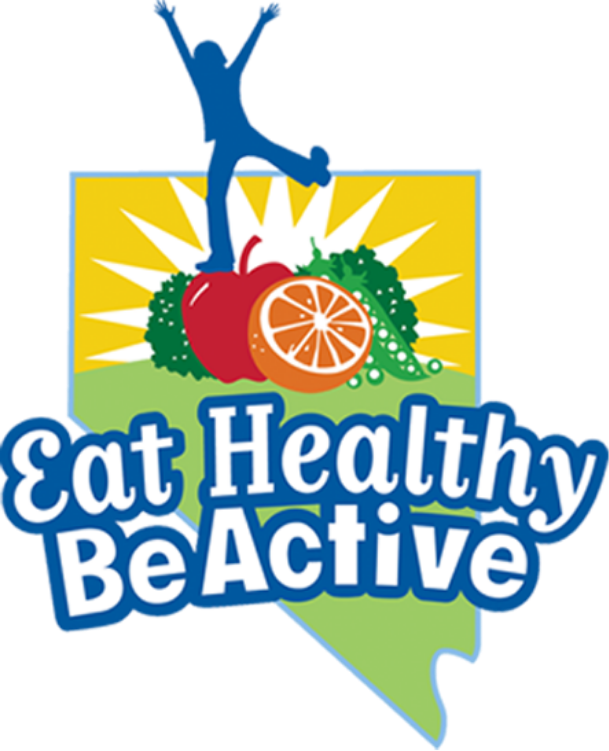As we age, prioritizing our health becomes more crucial than ever. One source of well-being is maintaining a balanced and nutritious diet. Navigating the world of healthy eating can sometimes feel overwhelming, especially for older adults. With a few practical tips and tricks, achieving and sustaining a healthy diet can be both manageable and enjoyable.
- Understanding nutrient dense foods:
As we age, our bodies may require fewer calories, but the need for essential nutrients remains the same. Focus on incorporating nutrient-dense foods into your meals such as fruits, vegetables, lean proteins, whole grains, and healthy fats. - Choose from whole foods:
Processed and packaged foods often contain high levels of sodium, added sugars, and unhealthy fats. Choose foods that are in their natural state or minimally processed, as they are naturally lower in additives and provide more nutritional benefits. - Plan and prepare meals:
Planning and preparing meals in advance can help with making healthier choices and avoid relying on convenience or fast foods that are high in calories and unhealthy ingredients. Set aside time each week to plan meals, create a shopping list, and prepare ingredients in advance to simplify cooking during the week. - Experiment with flavorful herbs and spices:
Using fresh herbs such as basil, cilantro, and rosemary, along with spices like turmeric, cinnamon, and ginger, can elevate the taste of your meals. Incorporating these flavorful additions can be beneficial in reducing intake of sodium and sugar in the diet.
Incorporating these tips and tricks into a daily routine can support health and nourish the body. Small changes can lead to significant improvements in overall well-being. For more information about healthy eating patterns, visit https://www.dietaryguidelines.gov/.
This issue was written by Hans Weding, RDN, LDN.
